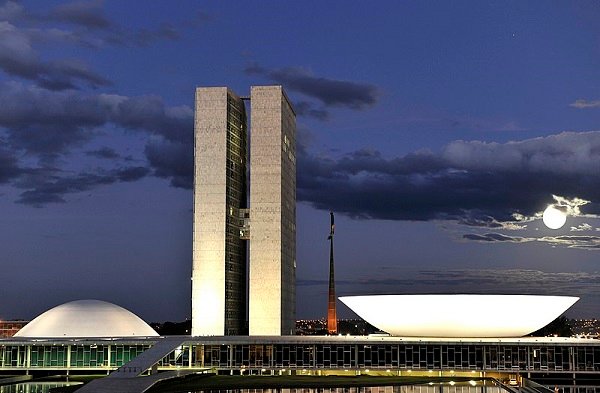The new composition of the Congress indicates that the next Brazilian president will reach the mandate without a guaranteed parliamentary majority. Therefore, he will need to negotiate with the parties that, until now, have not announced their adhesion to the candidacies.
After the first round of Brazil’s general elections on 2 October, the country finally discovered the composition of Congress for the next four years. The 10 parties that make up Lula’s coalition elected 122 deputies and 12 senators. Added to the support of PDT and Citizenship in the second round, announced last week, an eventual Lula government could count on 144 parliamentarians in the Chamber (28% of the plenary) and 16 senators (19.75%).
Bolsonaro, candidate for reelection with a three-party coalition, managed to win a greater number of seats in both houses. Bolsonaro’s electoral alliance will have 187 representatives in the Chamber of Deputies and 24 in the Senate. With the support of PSC and PTB for the second round, Bolsonaro currently has 194 deputies (37.8% of the plenary) and 25 senators (31%). Lula and Bolsonaro will face each other in the ballots during the election’s second round, on 30 October.
Negotiations with the “Centrão”
For next year, the president elected in the second round will still have to negotiate with the parties of the so-called “Centrão” – a group less known for their banners and more for the characteristic of allying with different governments, regardless of ideology. Since neither Bolsonaro, nor Lula managed to obtain a majority, if any of them are not able to make alliances and expand their support in the Congress, they will have trouble to govern.
The Importance of Alliances in the Congress to Rule
In the day-to-day of Congress, a majority allied to the government is important to pass laws and provisional measures – and even more important to stop proposals that are not of interest to the government, the so-called “bomb agendas”.
The greater the number of votes guaranteed, the less effort it takes to convince the plenary of each project. Depending on the type of text being processed, however, a simple majority of votes among those present may not be enough.
An impeachment process, for example, must be approved by two-thirds in the House (342 “yes” votes), then by a simple majority in the Senate and, at the end of the trial, confirmed by two-thirds of the senators (54 votes).
Less Members of the Security Forces
Another change in the composition of politicians elected across the country. Despite the 20% growth in the number of candidacies, the number of elected politicians linked to the security forces has dropped by around 25% this year. A survey based on data from the Superior Electoral Court (TSE), considering only the records granted by the Justice, shows that the country elected 78 candidates from the military and civil police, in addition to firefighters and members of the Armed Forces.
The End of the Moderate Right-Wing?
According to information disclosed by political commentators on Monday (03/10), independently of the presidential election results, the politicians already elected show that the political movement connected to President Jair Bolsonaro, known as “Bolsonarismo”, has overcome the then predominant moderate right-wing. It is also believed that this political group will hardly dissipate, and it is here to stay.




